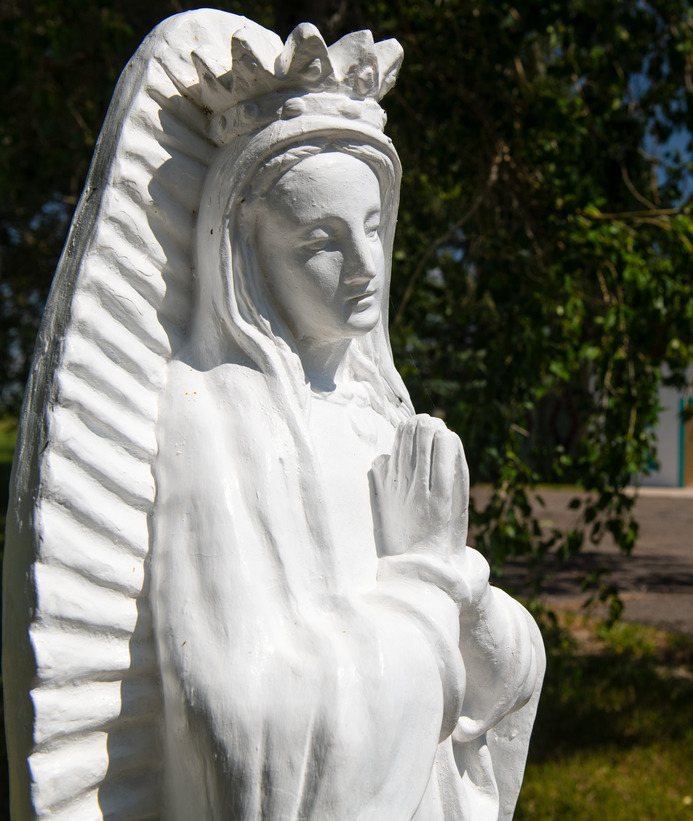What Is Religious Studies?
The discipline of religious studies teaches students about the character of the world’s
different religions, both religions important in our own country and those important
in nations around the world. At the lower levels, courses emphasize how followers
express their beliefs and practices through literature and art, theology and worship,
ethics and laws, politics and government. In higher-level courses, students learn
how to analyze religious expression and products, as well as to investigate the ways
religions and other cultural phenomena interact—from political parties and government
institutions to more popular expressions in film, TV and popular music.
The goal of the courses is not to persuade students to believe in a particular religion
(or not to believe in it) but to analyze it. Courses help students understand why
people commit to a religion, believe its teachings and practice its way of life. They
provide students with the intellectual tools to study the ramifications of such commitment,
both at the individual and societal levels.
Religious studies classes teach students how to analyze and understand human behavior
and its motivation. That motivation may come from beliefs or regular practices, it
may be reactions to social pressures and organizations both within religion and outside
it. It may stem from agreement or disagreement with public pronouncements, speeches
and debates.
The field trains students to see connections, analyze cause and effect and explore
the “big picture.” It enables people to understand secondary and tertiary ramifications
of actions and plans, as well as to evaluate how effective plans and acts can be (or
were) for their primary, intended purposes.
Religious studies students will acquire a focused concentration by taking three courses (1) on a single religion, or (2) on the religions of a particular region or culture. Courses may be from a limited time period or spread across history. Students may choose from established concentrations or create their own concentration in consultation with their adviser.

Religious Studies Minor
Interested in religious studies but don't want to make it your primary degree? Consider adding an undergraduate religious studies minor!
Learn MoreWhat Can You Do With a Religious Studies Degree?
The subject matter of religion and the skills one develops by studying it constitute important training for careers that depend upon understanding human behaviors, desires and decision-making. These include: law, medicine, journalism, education, counseling, advertising, marketing and public service. And of course, Religious Studies can be good training for a career in the religious professions—from ministers, priests and rabbis to youth leaders, music directors and even monks—even though students are not trained to believe in any particular religious tradition.
- Law
- Medicine
- Journalism
- Education
- Counseling
- Advertising
- Public Service
- Diplomacy
- Publishing
- Museum Work
- Editing
- Ministry
Certainly! Graduates of this program have continued their education in graduate programs at institutions such as:
- University of Wyoming
- Western Michigan University
- University of Minnesota
- Iliff School of Theology
UW's religious studies courses are not designed to persuade students to adopt or abandon any belief. Instead, they offer tools to analyze religions objectively, helping students understand beliefs and practices without challenging or promoting their own faith.
Yes! A religious studies degree builds critical thinking, communication and cultural understanding. These diverse skills help to make this a notably diverse degree. It’s a strong foundation for many career paths.
“I came out of Religion 4000 not only more educated, but also more confident in my capabilities as a student. I feel well-suited for the academic journey that lies ahead of me.”
- Religious Studies Alumni


